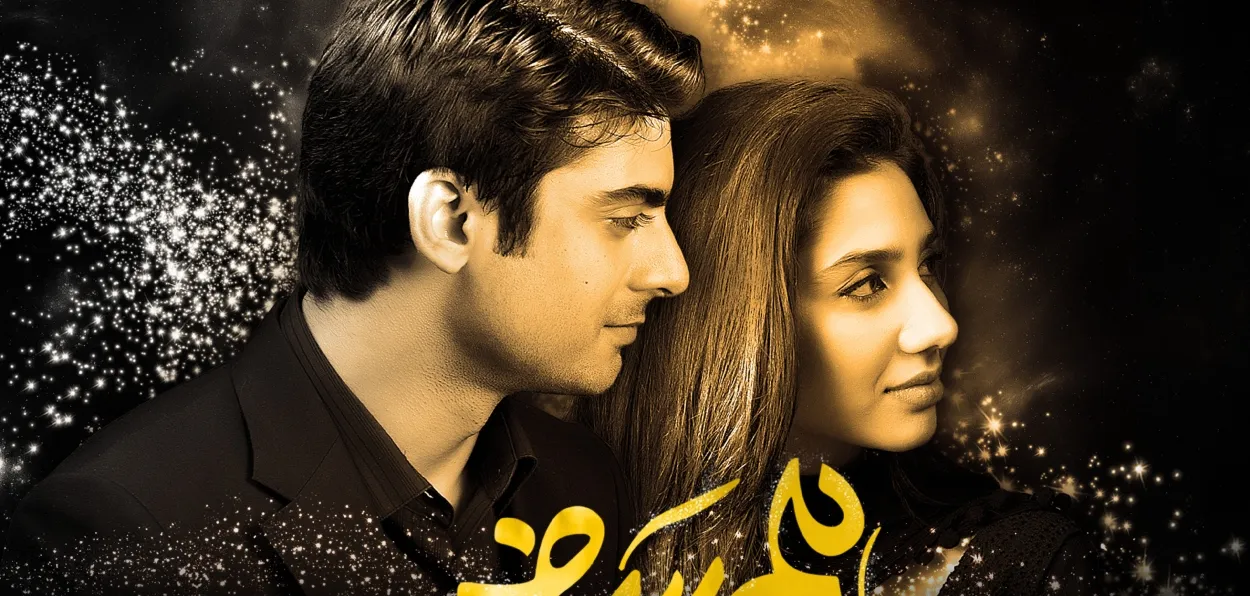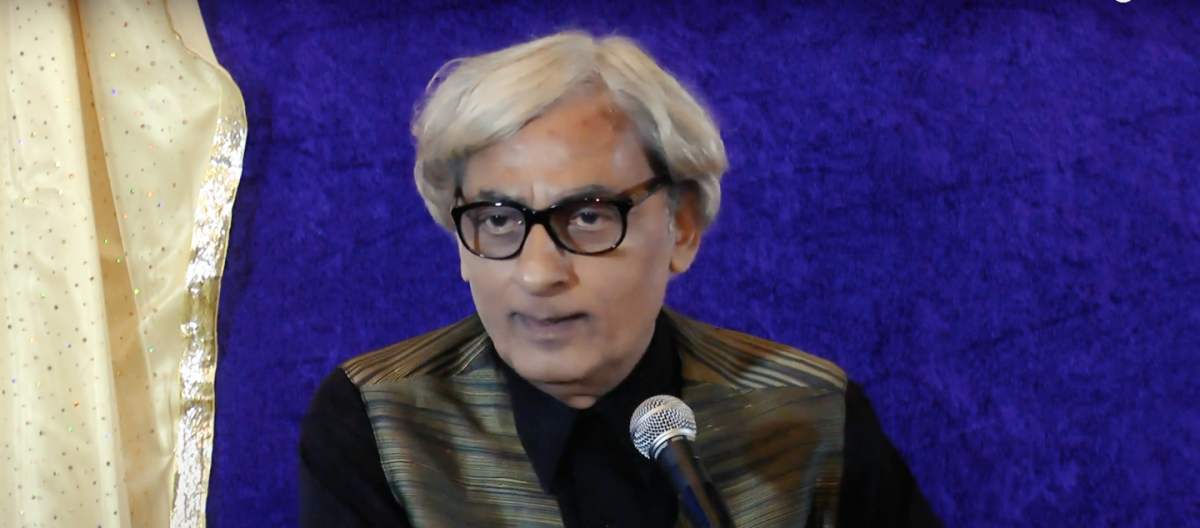
Saquib Salim
“Wo humasafar tha magar us se hamnavai na thi'' has been one of the most popular ghazals in South Asia in the last two decades. Sung by Qurat-ul-Ain Balouch, the ghazal was used as the title track of the popular Pakistani television series Hamsafar. The series shot Fawad Khan and Mahira Khan to fame in India and the ghazal became a rage as well.
While enjoying the ghazal, most of the listeners take it as a lamentation of a lover on separation from a partner after a troubled relationship. They are not completely wrong, only that the partners depicted in this ghazal are not humans.
The ghazal is written from the point of view of Pakistan (West Pakistan) after separation from East Pakistan (now Bangladesh). Naseer Turabi wrote this ghazal on 16 December 1971 on hearing the news of the surrender of the Pakistan Army to their Indian counterparts. A committed Pakistani patriot, Turabi felt devastated and wrote the ghazal.
Turabi recalls, “In fact, I had written this ghazal after the fall of Dhaka. On receiving the news of the fall of Dhaka at my office at 11 am on 16 December 1971, I started crying and my tears dropped down my eyes. At that emotional moment, I started writing the ghazal.”
 Lyricist Naseer Turabi
Lyricist Naseer Turabi
The ghazal, if listened to properly, is clear in its intention. The opening sentence, “Wo humsafar tha magar us se hamnavai na thi” (He was a fellow traveller but we were not on talking terms or had similar opinions) followed by “Ke dhuup chhanv ka aalam raha judai na thi” (the relationship remained in contrast of light and dark yet we never parted our ways), is clearly about the troubled political relationship between West and East Pakistan between 1947 and 1971. East Pakistan and West Pakistan were supposedly one country yet the political dispensation would never listen to voices from the East.
Another couplet from the ghazal is an admission of the excesses of the Pakistan Army on Bengali people in a subtle manner. Turabi writes, “Adaavatein thi, taghaful tha, ranjishen thi bahut. Bichhadne wale me sab kuch tha bewafai na thi” (We had enmity, hatred, negligence and indifference. Despite everything, the one who had left was not treacherous or infidel). He admits that East and Pakistan were enemies and nursed hatred towards each other yet he is not ready to call them treacherous. In the face of discrimination and torture by the Pakistan Army, the demand of Bangladesh was the most natural outcome.
Turabi points out that in 1947, Bengali leadership was completely in agreement with the Pakistan plan of Mohammad Ali Jinnah but within 25 years things had come to a pass and it was hard to believe that Bangladesh leadership ever subscribed to the idea of Pakistan. It should be kept in mind that Sheikh Mujibur Rahman was one of the leaders of the Pakistan movement in 1947 before turning against the very idea.
ALSO READ: Cannes to screen Annu Kapoor's film on Muslim family locked in dogmatism
“Kabhi ye haal ke dono me yakdili thi bahut. Kabhi ye marhala jaise ke aashnaai na thi” (There was a time when both had mutual love. Now we are at a stage, where it feels as if there was never a friendship) tells the reality of failure of the Pakistan project as a country based solely on religious identity. The camaraderie based on Islam ended within two decades and was overtaken by cultural nationalism.
